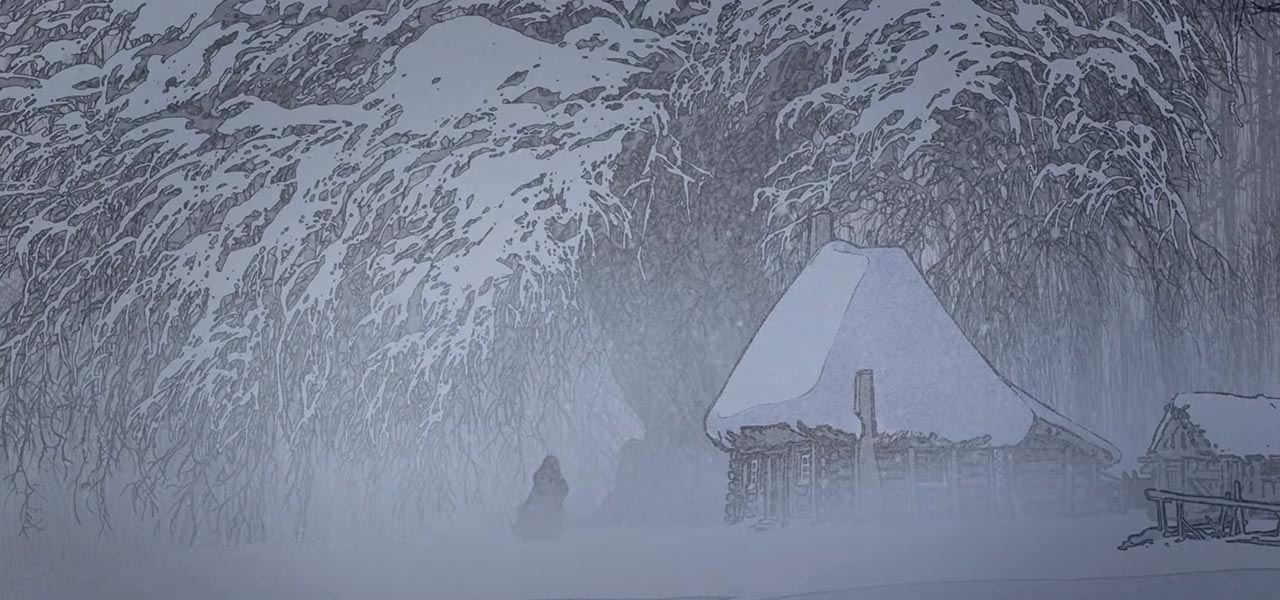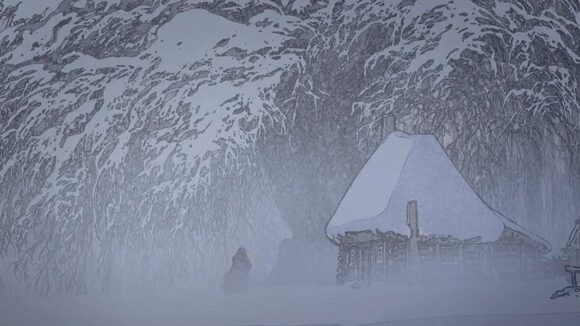

Could An Animated Film Win The Cannes Palme D’Or For The First Time Ever This Year?
All eyes are on the animated 2d feature The Most Precious of Cargoes, which will world premiere at the Cannes Film Festival this Friday. It’s the first animated feature to appear in Cannes competition since Waltz with Bashir in 2008.
The Holocaust-related drama marks the feature animation directorial debut of French filmmaker Michel Hazanavicius, who won the Oscar for best picture and best director with his 2011 film The Artist. Cargoes is an adaptation of Jean-Claude Grumberg’s recent novel of the same name.
Studiocanal recently released the first footage from the film in this teaser:
While the chances of an animated film winning the Palme d’Or should be considered a longshot at best, it’s also not entirely out of the question. Firstly, competition at Cannes this year is relatively light and most films have been mildly reviewed – Screen International is keeping a scorecard HERE of how every film has fared with critics.
Secondly, the film screens last for the Cannes competition jury, presided over this year by Barbie director Greta Gerwig. This positioning can often times be advantageous at a festival, especially if the film is an emotional tearjerker, which this one appears to be.
But regardless of whether the film wins the top prize at Cannes, it’s a significant accomplishment for any animated feature to even appear in competition. As one of the highest-profile European animation releases of 2024, along with the upcoming Wallace & Gromit feature, The Most Precious of Cargoes will be much-discussed over the coming months.
While Cargoes doesn’t release in France until November 20, and U.S. dates are not yet set, the film has another high-profile engagement next month, when it will screen as the opening night film of the Annecy animation festival.
Hazanavicius has structured the WWII-set story as, in his words, “ultra-fiction,” a film set in the real world that “borrows codes of fairy tales” but is also “more poisonous than a fairy tale.”
Speaking about the film to Variety, Hazanavicius further explained his overall storytelling goals:
But my intention was not to make a movie about the Holocaust. It’s really the magnificence of this story that took me on an adventure, which turned out to be extremely heavy in terms of production, time, investment, etc. Once again, it’s not a preachy movie, neither a film about the victims nor about the executioners. It’s about people who saved lives. We see a beautiful chain of solidarity, of love that sets in motion to save the life of a little girl. You don’t cry because it’s sad, but because it’s beautiful.

